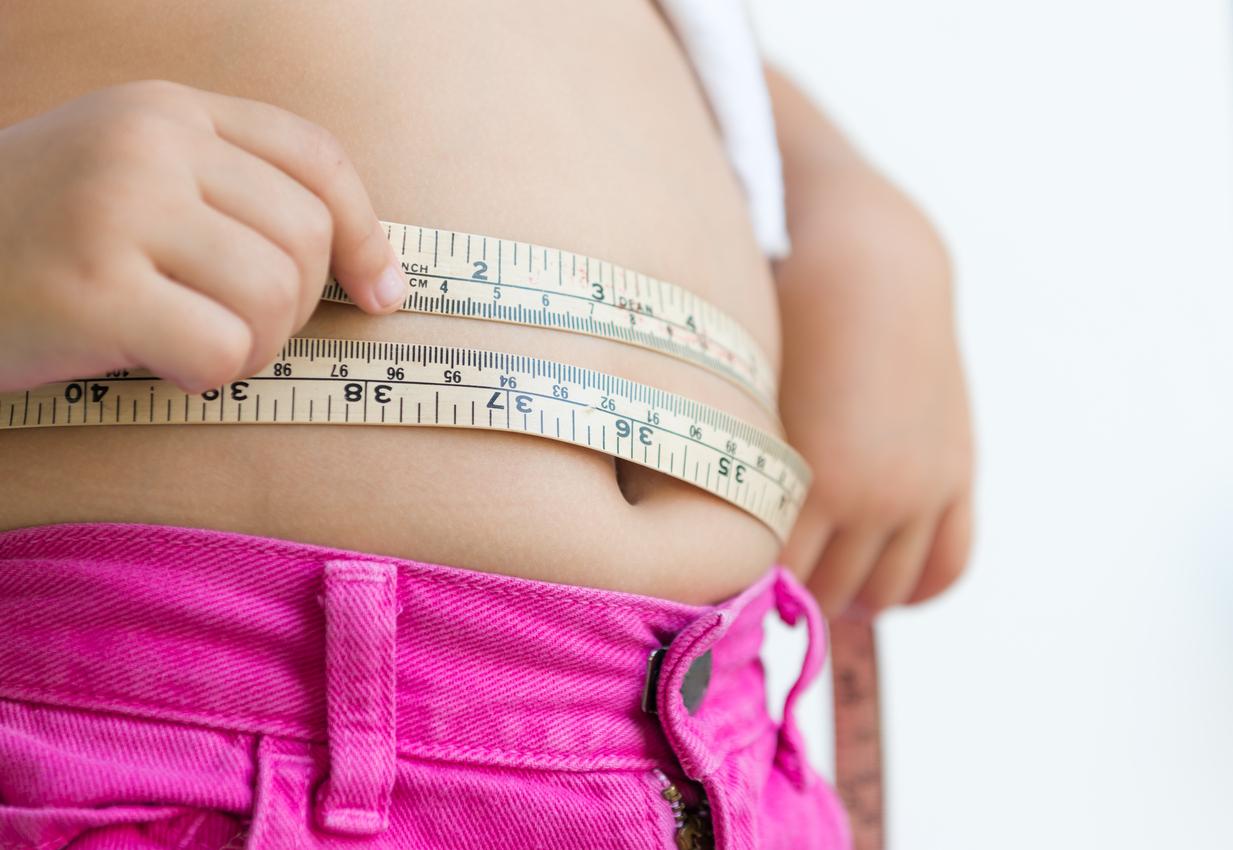Half of food adverts children see are for unhealthy products or fast food restaurants, IFS finds
Seven in 10 commercials for junk food that young people see are before 9pm watershed, study finds

Around half of TV adverts for food and drink seen by children are for products high in fat, salt or sugar or for fast food restaurants, according to the Institute for Fiscal Studies (IFS).
The think tank found that a ban, implemented in 2007, on advertising high-fat, salt or sugar foods during children’s television programmes has only been effective on a small proportion of the ads children see.
It comes a day after Theresa May’s government was urged by the Commons Health and Social Care Committee to crack down on advertising of unhealthy foods, after a rapid rise in obesity in children.
The committee’s proposals include a ban on cartoon characters promoting unhealthy snacks, outlawing sweets at supermarket checkouts and forcing restaurants to list calorie counts on their menus.
The report also called for a ban on ads for unhealthy food before the 9pm watershed. Failure to implement such restrictions would leave a “worrying gap” in the government’s efforts to tackle obesity and would “call into question” Theresa May’s commitment to the issue, the MPs said.
The IFS’ research found that 39 per cent of TV ads for food and drink seen by children were for products that were high in fat, salt or sugar, and a further 11 per cent were for restaurants and bars, the majority of which were fast food outlets.
Fully 70 per cent of the television advertising that children saw for unhealthy food or restaurants and bars was shown before the 9pm watershed.
Up to 35 per cent of the TV adverts for food and drink that children saw in 2015 would have been affected had restrictions applied before the watershed, the IFS said.
Rebekah Stroud, a Research Economist at IFS and co-author of the briefing note, said: “Current restrictions ban the advertising of food and drink high in fat, salt and sugar during children’s programming.
"However, a lot of the TV advertising that children see is not during children’s programming, leading to calls to extend the ban to all advertising before the watershed.
“In 2015, up to 35% of the TV adverts for food and drink that children saw would have been directly affected had restrictions applied before the watershed.”
Subscribe to Independent Premium to bookmark this article
Want to bookmark your favourite articles and stories to read or reference later? Start your Independent Premium subscription today.

Join our commenting forum
Join thought-provoking conversations, follow other Independent readers and see their replies